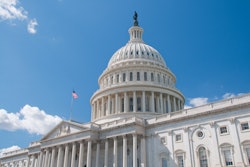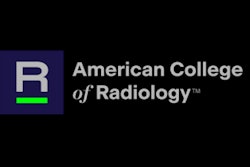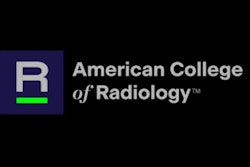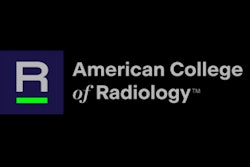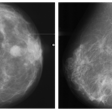The American College of Radiology (ACR) has raised three important issues with proposed new information blocking rules the U.S. Department of Health and Human Services (HHS) Office of the National Coordinator for Health IT (ONC) released in August.
First, the ACR said it endorses the proposed new exception from information blocking rules related to honoring requests for a specified delay in access to data. However, the ACR recommended clarification in the final rule that preferences can be routinely requested, for example during patient check-in.
Second, the ACR supports an information-blocking exception when the provider believes sharing certain data could risk exposure to legal action for providers and patients related to reproductive healthcare services that were lawful under the circumstances in which they were provided.
Third, the ACR said it opposes language that would promulgate a noncomprehensive list of “interference” examples in regulation, saying the example list would not improve compliance clarity.
"Information blocking by law explicitly requires a practice to be known as 'unreasonable' in addition to being an interference," the ACR said in its ACR Bulletin. Some scenarios that may be viewed generally as “interferences” by HHS are unlikely to meet the other requisite criteria for information blocking by a provider, the ACR noted.
The ACR has submitted comments to the ONC. Read the bulletin here.




